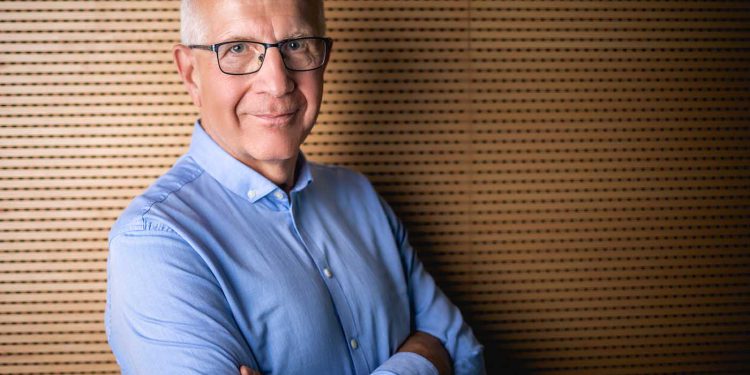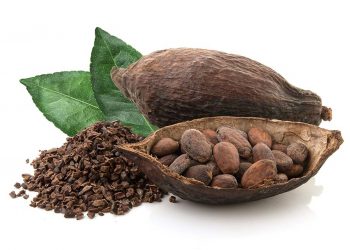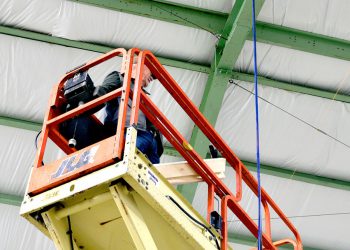What is your role at The Australian and what does an average day look like?
I’m the Middle East Correspondent of The Australian. Although I’m based in Jerusalem, the brief covers everything from Iran, Lebanon, Syria and Gaza to Libya, Turkey and Egypt. Every day is unpredictable – I may wake up in Israel and go to bed in Lebanon, even though these two countries are technically at war.
How does your role at The Australian help deliver the news?
There are many challenges working in the Middle East. The first is to stay alive – you can find yourself in dangerous situations. What can one minute seem like a stable place can quickly degenerate, as I found in Iran, Libya and Egypt.
I had an example of this in Cairo one night this year with three other journalists as we were returning to our hotel – one moment everything seemed fine, next thing we were detained by plain-clothes police.
Within an hour we were blindfolded, handcuffed and being taken to an unknown location. In the Middle East you need to keep your wits about.
Another challenge is to present complex situations in a way that is clear and understandable. Most of the disputes in the Middle East go back decades or centuries. The key is to get your own head around the complexities of countries like Iran or Israel and then present that in a way that a reader in Australia firstly feels a sense of being there and secondly understands what is driving a particular issue.
At the moment the Middle East is going through an unprecedented period of upheaval. My aim is to give readers a sense of what is going on in the minds of both the protesters and the regimes and to explain why events are occurring.
Another challenge is to report the facts. This is one of the hardest parts of working in the Middle East – I’ve never worked anywhere else where virtually every statement or claim is disputed. In the Israeli-Palestinian conflict they even disagree about the names of the key places – for example, what the international community calls ‘the West Bank’ the Israelis call ‘Judea and Samaria’ and the Palestinians call ‘Palestine’.
You need to read as much as you can and listen as much as you can – to all sides – and then distil for your audience the facts.
How do you work with other people/teams at The Australian to create compelling content?
My daily point of contact is our foreign desk in Sydney. Before going to bed I send an email suggesting possible story ideas for the following day. When I wake up they’ve given their feedback. We try to make sure that over time we give a comprehensive coverage of the Middle East and North Africa – in the last two years I’ve been to Iran, Iraq, Lebanon, Syria, Turkey, Jordan, Egypt, Libya, Tunisia and Gaza.
What is your proudest achievement during your time at The Australian with relation to making the news?
Reporting the Middle East, I hope in a way that Australians find clear.
How would you define ‘quality journalism’?
Journalism which cuts through all the noise and smoke of public relations operators, government spin machines and dictators, and gives the readers the facts.
Why do you think quality journalism is import to Australians?
Most of the countries I visit do not have quality journalism or free media. Instead, they have state-run newspapers and television which recycle the propaganda of the dictatorships that dominate this part of the world. Australians are privileged because they are able to read real information about countries like Iran, Syria and Saudi Arabia that people in those countries are not allowed to read.
How do you think the articles you write benefit Australians?
I hope that at the end of each article people will have learnt something and will better understand why something is happening. I try to provide news and analysis, rather than opinion. I try to give readers facts so that they can come to their own conclusions. My view is that the last thing a reader wants is a journalist lecturing them about what to think.
How do you see the industry progressing and what are your hopes for the future?
My view of the future of journalism is that strong brands for news and information will flourish. While anyone can start up a website or blog – and some of them are high-quality – I think in the ocean of information now available when we sit at our computers those who provide credible, reliable information will be the ones we return to time after time. I know in my own patch – the Middle East – I would only trust a small percentage of material written on the internet.













